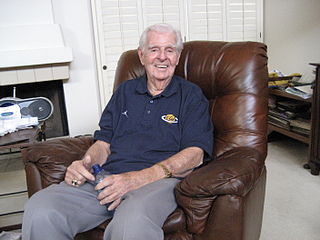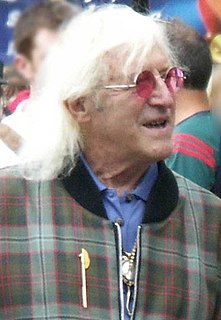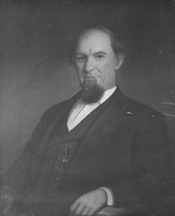A Quote by Pete Newell
I believe you can never change a habit, or create one, with a word or a piece of chalk. You can talk all day, put all sorts of diagrams on the board, but a habit is not going to change. It's a conditional reflex, created by a repetitive act.
Related Quotes
Sometimes, counter-intuitively, it's easier to make a major change than a minor change. When a habit is changing very gradually, we may lose interest, give way under stress, or dismiss the change as insignificant. There's an excitement and an energy that comes from a big transformation, and that helps to create a habit.
A fixed habit is supported by old, well-worn pathways in the brain. When you make conscious choices to change a habit, you create new pathways. At the same time, you strengthen the decision-making function of the cerebral cortex while diminishing the grip of the lower, instinctual brain. So without judging your habit, whether it feels like a good one or a bad one, take time to break the routine, automatic response that habit imposes.
What we know from lab studies is that it's never too late to break a habit. Habits are malleable throughout your entire life. But we also know that the best way to change a habit is to understand its structure - that once you tell people about the cue and the reward and you force them to recognize what those factors are in a behavior, it becomes much, much easier to change.
Your god may be your little Christian habit - the habit of prayer or Bible reading at certain times of your day. Watch how your Father will upset your schedule if you begin to worship your habit instead of what the habit symbolizes. We say, 'I can't do that right now; this is my time alone with God.' No, this is your time alone with your habit.



































